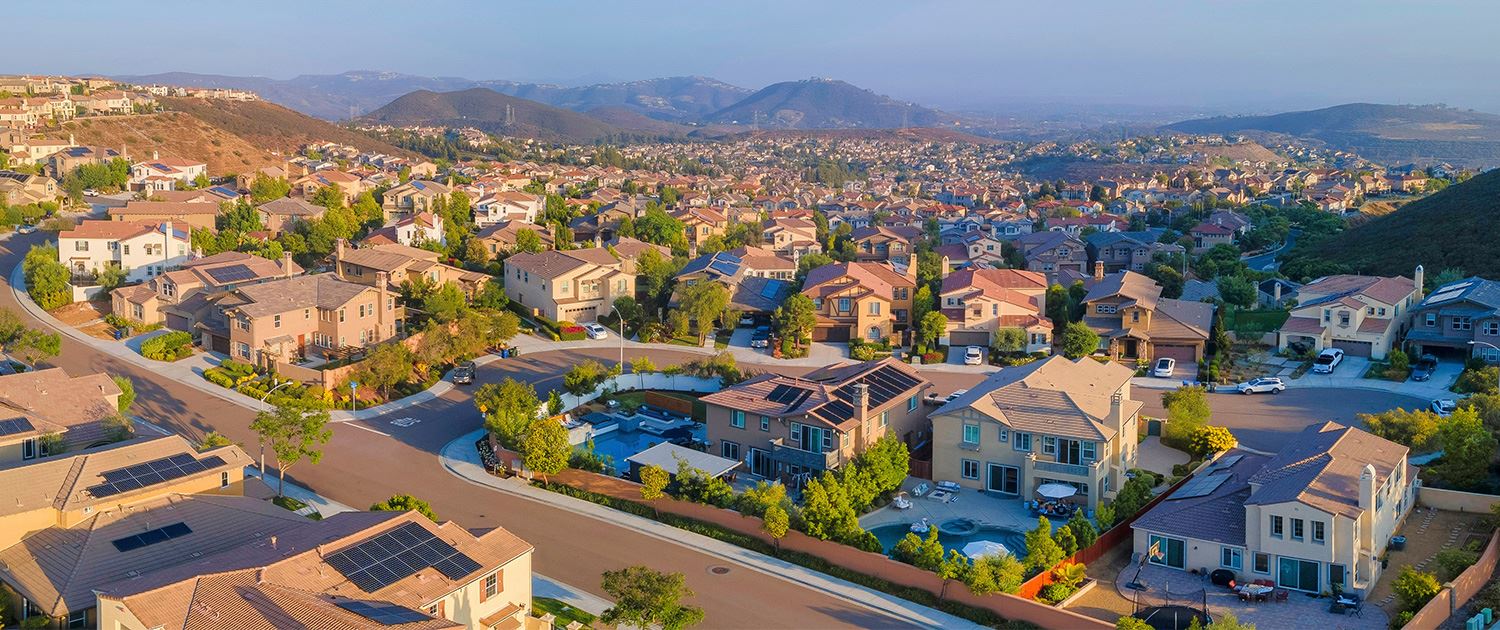
ACCOUNTS RECEIVABLE
COLLECTION OF DUES AND OTHER RECEIVABLES
CIVIL CODE
SECTION 5650-5690
5650. (a) A regular or special assessment and any late charges, reasonable fees and costs of collection, reasonable attorney's fees, if any, and interest, if any, as determined in accordance with subdivision (b), shall be a debt of the owner of the separate interest at the time the assessment or other sums are levied. (b) Regular and special assessments levied pursuant to the governing documents are delinquent 15 days after they become due, unless the declaration provides a longer time period, in which case the longer time period shall apply. If an assessment is delinquent, the association may recover all of the following: (1) Reasonable costs incurred in collecting the delinquent assessment, including reasonable attorney's fees. (2) A late charge not exceeding 10 percent of the delinquent assessment or ten dollars ($10), whichever is greater, unless the declaration specifies a late charge in a smaller amount, in which case any late charge imposed shall not exceed the amount specified in the declaration. (3) Interest on all sums imposed in accordance with this section, including the delinquent assessments, reasonable fees and costs of collection, and reasonable attorney's fees, at an annual interest rate not to exceed 12 percent, commencing 30 days after the assessment becomes due, unless the declaration specifies the recovery of interest at a rate of a lesser amount, in which case the lesser rate of interest shall apply. (c) Associations are hereby exempted from interest-rate limitations imposed by Article XV of the California Constitution, subject to the limitations of this section.
CALIFORNIA CIVIL CODE
5655. (a) Any payments made by the owner of a separate interest toward a debt described in subdivision (a) of Section 5650 shall first be applied to the assessments owed, and, only after the assessments owed are paid in full shall the payments be applied to the fees and costs of collection, attorney's fees, late charges, or interest. (b) When an owner makes a payment, the owner may request a receipt and the association shall provide it. The receipt shall indicate the date of payment and the person who received it. (c) The association shall provide a mailing address for overnight payment of assessments. The address shall be provided in the annual policy statement. 5658. (a) If a dispute exists between the owner of a separate interest and the association regarding any disputed charge or sum levied by the association, including, but not limited to, an assessment, fine, penalty, late fee, collection cost, or monetary penalty imposed as a disciplinary measure, and the amount in dispute does not exceed the jurisdictional limits of the small claims court stated in Sections 116.220 and 116.221 of the Code of Civil Procedure, the owner of the separate interest may, in addition to pursuing dispute resolution pursuant to Article 3 (commencing with Section 5925) of Chapter 10, pay under protest the disputed amount and all other amounts levied, including any fees and reasonable costs of collection, reasonable attorney's fees, late charges, and interest, if any, pursuant to subdivision (b) of Section 5650, and commence an action in small claims court pursuant to Chapter 5.5 (commencing with Section 116.110) of Title 1 of the Code of Civil Procedure. (b) Nothing in this section shall impede an association's ability to collect delinquent assessments as provided in this article or Article 3 (commencing with Section 5700). 5675. (a) The amount of the assessment, plus any costs of collection, late charges, and interest assessed in accordance with subdivision (b) of Section 5650, shall be a lien on the owner's separate interest in the common interest development from and after the time the association causes to be recorded with the county recorder of the county in which the separate interest is located, a notice of delinquent assessment, which shall state the amount of the assessment and other sums imposed in accordance with subdivision (b) of Section 5650, a legal description of the owner's separate interest in the common interest development against which the assessment and other sums are levied, and the name of the record owner of the separate interest in the common interest development against which the lien is imposed. (b) The itemized statement of the charges owed by the owner described in subdivision (b) of Section 5660 shall be recorded together with the notice of delinquent assessment. (c) In order for the lien to be enforced by nonjudicial foreclosure as provided in Sections 5700 to 5710, inclusive, the notice of delinquent assessment shall state the name and address of the trustee authorized by the association to enforce the lien by sale. (d) The notice of delinquent assessment shall be signed by the person designated in the declaration or by the association for that purpose, or if no one is designated, by the president of the association. (e) A copy of the recorded notice of delinquent assessment shall be mailed by certified mail to every person whose name is shown as an owner of the separate interest in the association's records, and the notice shall be mailed no later than 10 calendar days after recordation.
-
 California Association of Homeowners Associations
California Association of Homeowners AssociationsDedicated to: "Strength in unity and the value and enjoyment of property". Click here to get in touch with our experienced HOA consultants!
-
 Membership Program
Membership ProgramElevate your HOA experience with our exclusive membership services. Unlock access to legal expertise, resources, and guidance tailored to your association's needs. Join now to safeguard your community's interests.
-
 Election Services
Election ServicesEnsure fair and lawful elections for your HOA board. Explore our specialized election services designed to streamline the process and uphold the integrity of your community's leadership. Secure your next election with our expertise.
-
 Newsletter
NewsletterStay informed and empowered! Subscribe to our HOA legal newsletters for the latest updates, case studies, and insights. Knowledge is key - sign up now to receive valuable information directly to your inbox.



